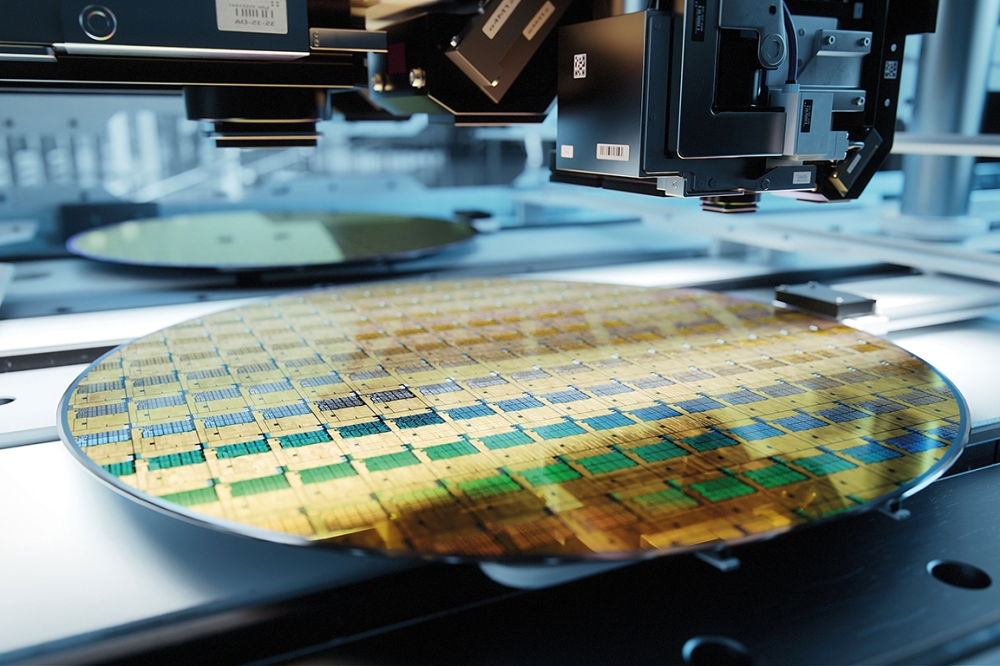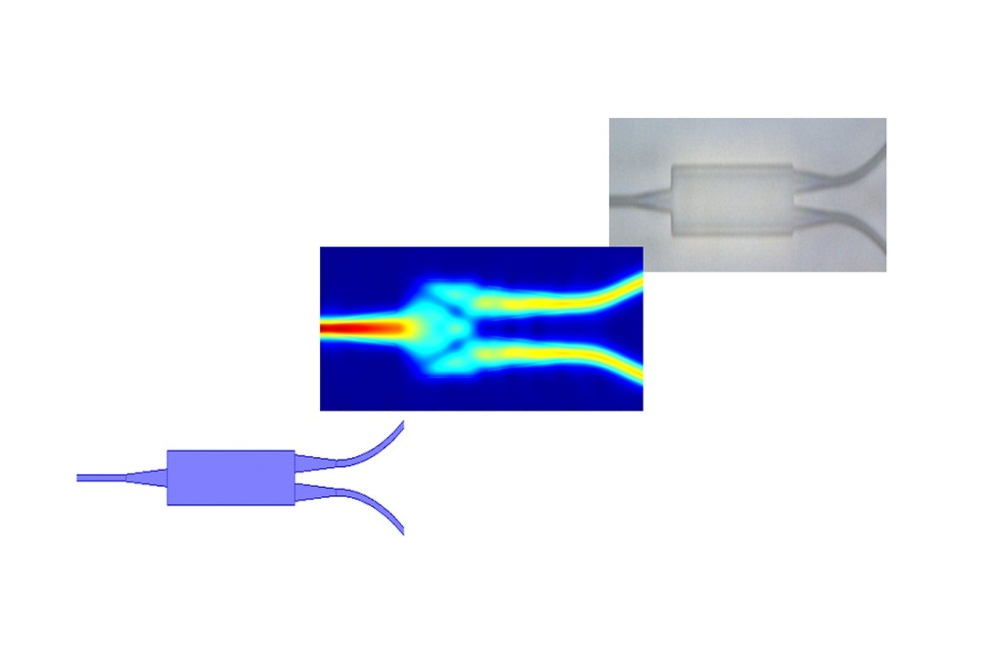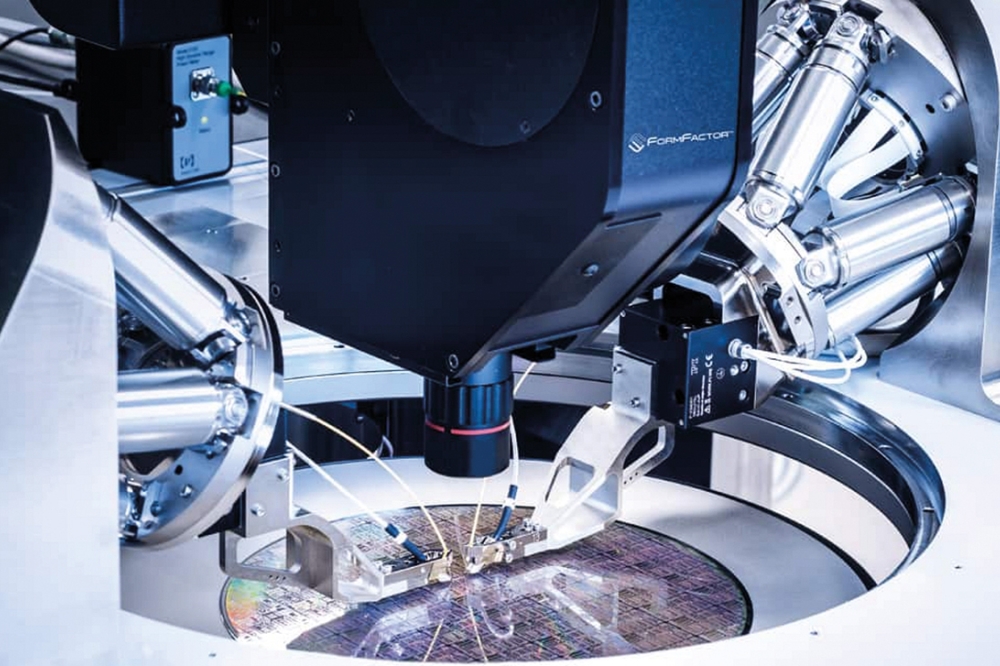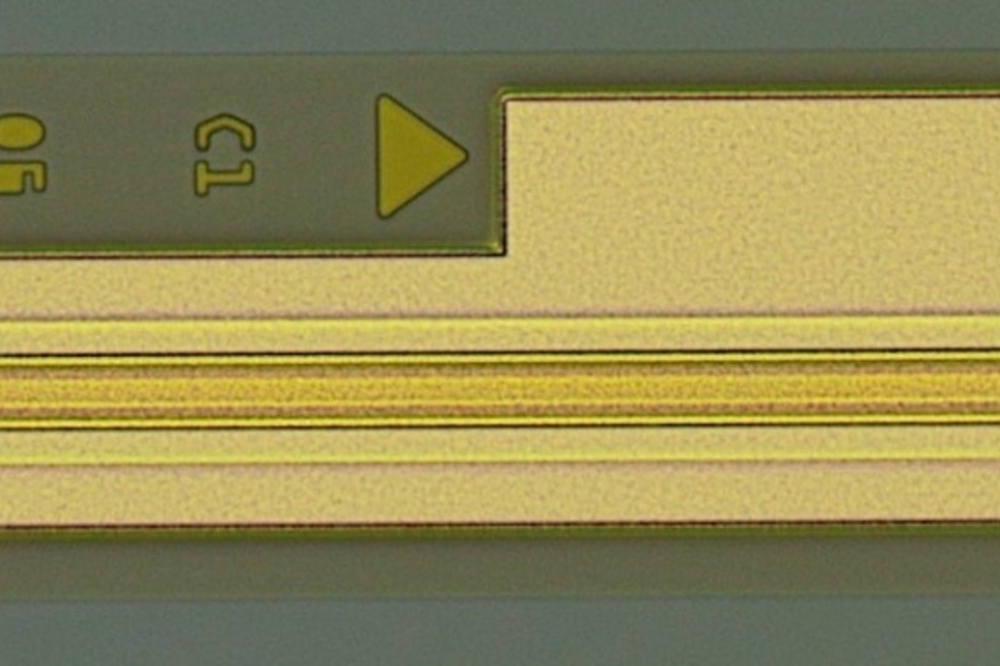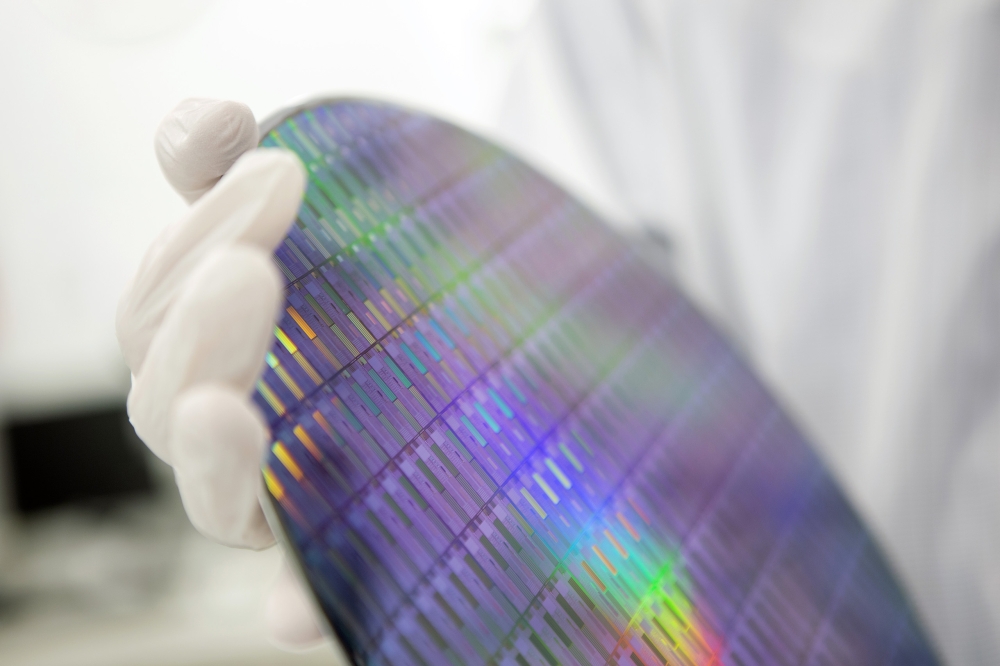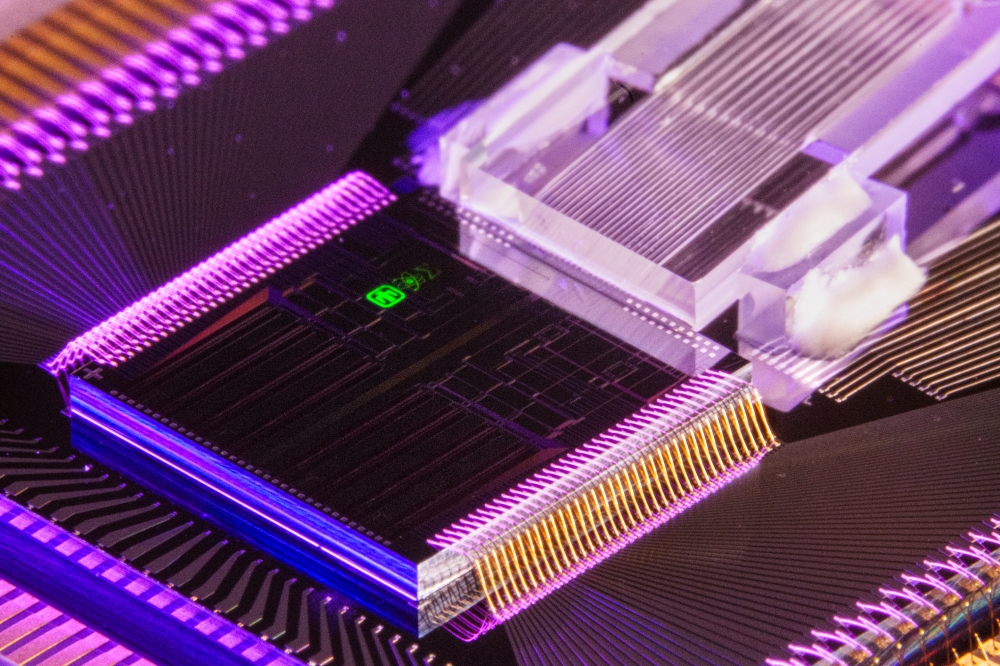Voxtel to develop reconfigurable imaging array for DARPA
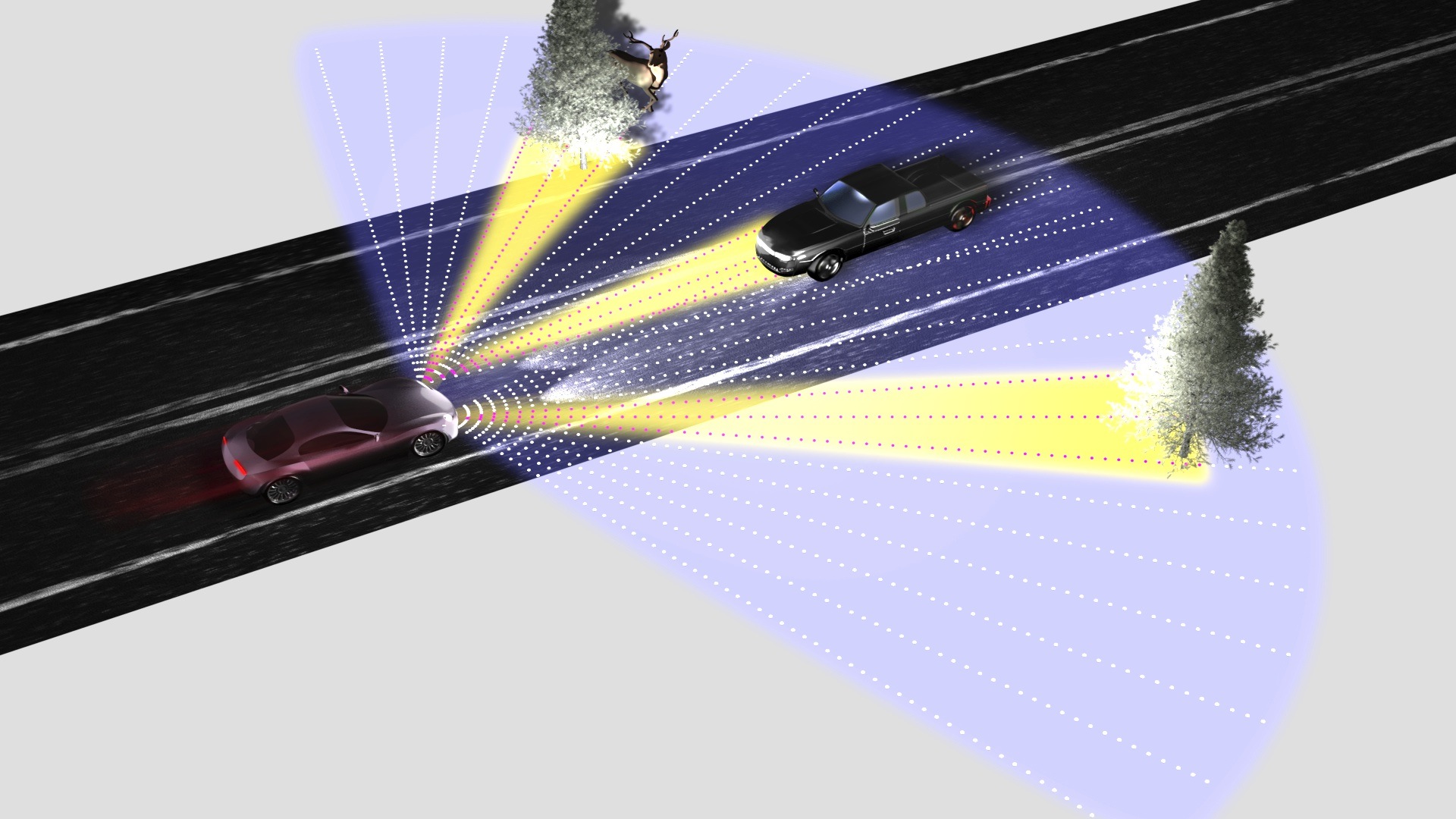
Multi-mode fused image sensor would enable autonomous navigation from a small LADAR system that requires less laser power and less computer processing
US photonics and optical systems company Voxtel has been awarded the first phase of a potential $5.2 million contract by the US Defense Advanced Research Projects Agency (DARPA) for its Reconfigurable Imaging (ReImagine) program.
DARPA's ReImagine program seeks to develop a software-reconfigurable, multi-mode imager that can adapt to different conditions in a scene and autonomously reconfigure itself to collect the most valuable information in the scene.
Voxtel is developing a multi-mode fused image sensor that integrates short-wavelength infrared (SWIR) passive imaging and laser detection and radar (LADAR) sensing in the same imager. Similar to a field-programmable gate array (FPGA) processor, Voxtel's field-programmable imaging array (FPIA) architecture would incorporate dynamically reconfigurable pixel elements, so that separate regions of the focal plane array may run separately at high resolution, at high frame rate, or in active time-of-flight mode, enabling on-focal-plane object detection and extraction, along with pixel-registered sensor fusion.
By designing multi-mode passive- and active-imaging algorithms implemented at the pixel level with reconfigurable on-focal-plane processing, the technology would allow autonomous object detection and imager configuration, with efficient extraction of relevant information.
"Our multi-mode fused image sensor would greatly benefit applications that require significant laser power, like LADAR-assisted automotive navigation," states Voxtel CEO George Williams, "By using laser pulse energy only where the scene requires it, Voxtel can make systems that are smaller, less-expensive, more efficient at scene extraction, and require less processing."
An approximately three-year contract under the auspices of the ReImagine program was awarded to Voxtel in May, 2017. In addition to use in autonomous automobile navigation and driver assistance systems, military applications would include multi-mode imaging for helmet-mounted, weapon-mounted, and unmanned-vehicle systems.











